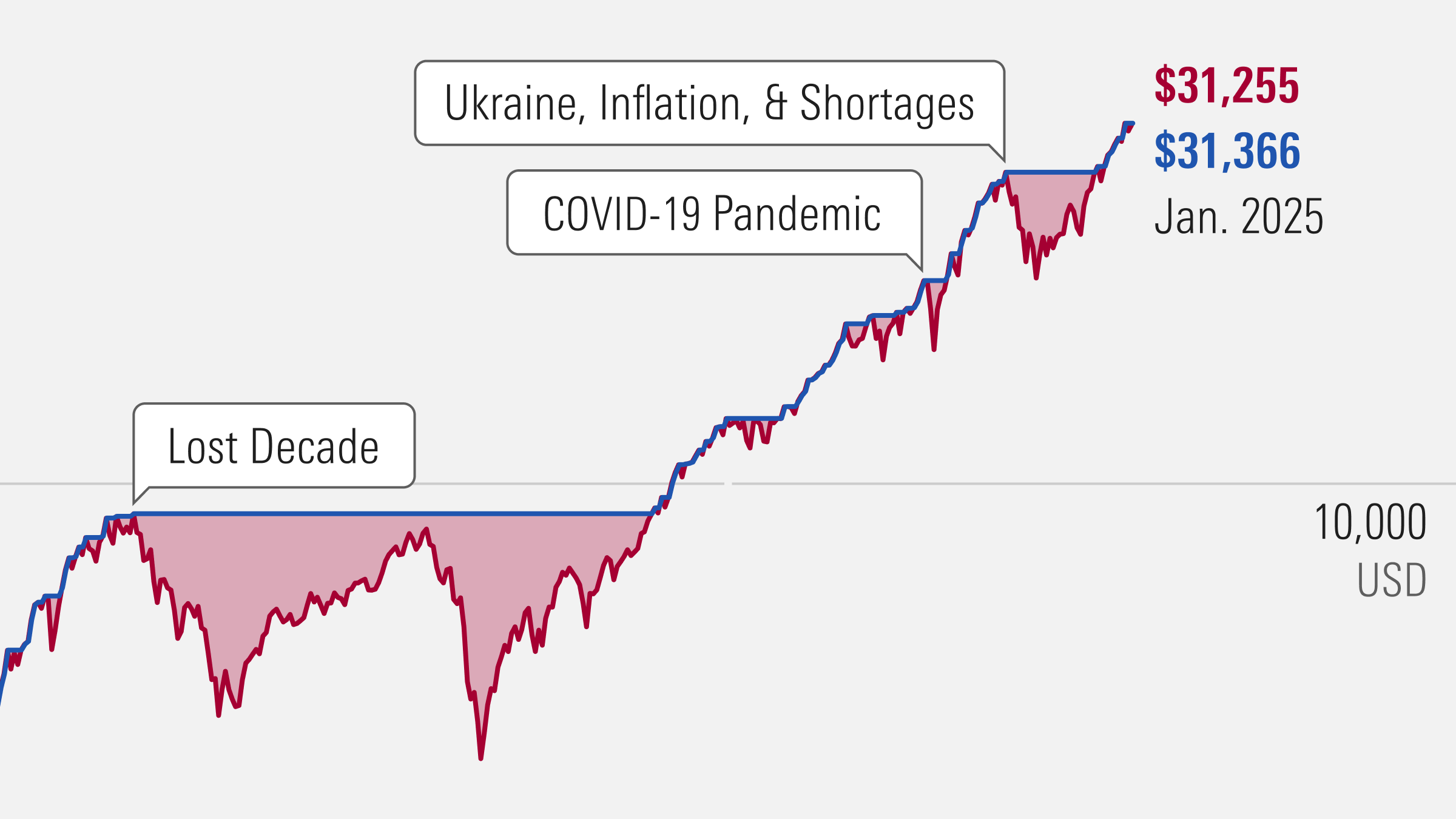Tesco (TSCO) brought forward the start date for its new chief executive and tasked him with conducting a review of the whole group, after it slashed its interim dividend, cut its capital expenditure plans and said it expects trading profit to be significantly lower than last year.
Incoming chief executive David Lewis will now take the helm at the UK's biggest retailer on September 1, a month earlier than previously flagged.
In a trading update, Tesco said trading conditions remain challenging and its ongoing investments in its customer offer - which includes big price cuts - have weighed on its expected performance. It said it was uncertain about how fast the benefits of the investments it is making would flow through in the second half of its financial year.
It said it now expects its trading profit in the current financial year that ends in February 2015 to be between £2.4 billion and £2.5 billion, and trading profit for the first half ending August 23 to be about £1.1 billion.
That's a significant drop from the £3.32 billion trading profit it posted in the whole of its last financial year, and the £1.59 billion in trading profit it posted in the first half of that year.
The retailer, one of the biggest in the world, grew quickly during the 1980s and 1990s, overtaking established UK rivals like J Sainsbury (SBRY) to become by far the biggest UK retailer. However, it has struggled in recent years as its offering started to lose popularity in the UK, and it made a failed bid to enter the US market.
Recently, it said it would invest heavily in its customer offering, triggering a price war in the mainstream UK grocery sector that is losing market share to discount grocers like Aldi and Lidl and premium grocers like Waitrose.
Outgoing CEO Philip Clarke has been heavily criticised by investors for failing to turn around its struggling UK operations, and Lewis will be under pressure to drive results. Tesco shares opened down 9.9% at 222.00 pence Friday, the biggest decline on the FTSE 100. It weighed on the whole retail sector, with J Sainsbury down 4.6% and WM Morrison (MRW) down 3.6%.
Morningstar Analyst Ken Perkins’ View
The grocery industry is relatively defensive by nature, which should provide some stability to Tesco’s cash flows. However, after reviewing the implications of our scenario analyses, we are increasing our uncertainty rating for Tesco to high from medium. Increasing industry square footage and incremental competition from emerging rivals could have a large negative impact on the firm's margins over the next several years, just as it has in the recent past.
The resurgence of discounters Aldi and Lidl in the U.K., as well as the emergence of high-end grocer Waitrose, has left Tesco and other traditional grocers stuck in the middle, scrambling to fight for market share. Tesco has been disproportionately affected by recent changes in the marketplace, as it also has relatively more exposure to large hypermarkets, a format that has been challenged by customer migration to the convenience and online channel. If consumers continue migrating to other channels, Tesco may struggle to maintain historic productivity and profitability levels at its large stores.
Aggressive price competition could also exacerbate the challenges posed by volatile commodity prices, as the firm may be unable to pass through higher input costs and preserve margins without losing share. When combined with the economic, geopolitical, and competitive threats Tesco also faces in foreign markets, these risks warrant a high uncertainty rating, in our view.






























